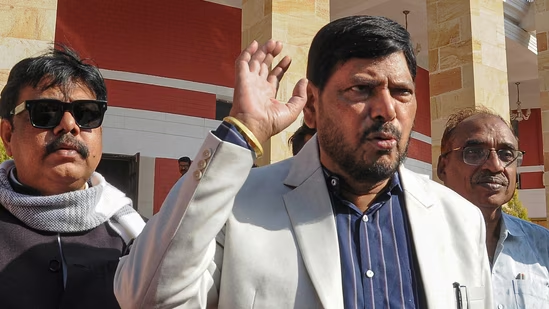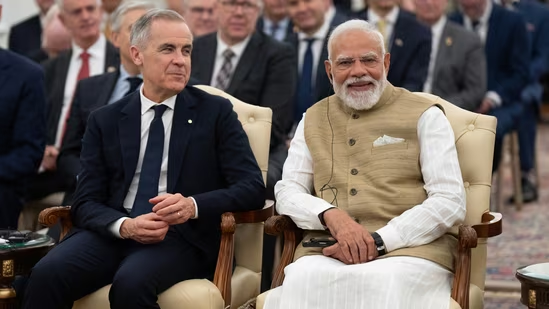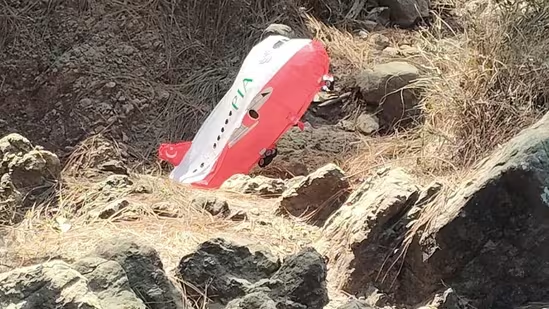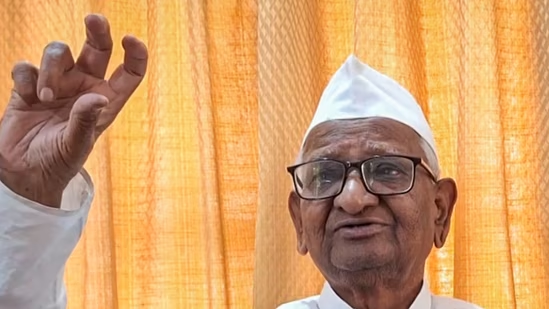The Ministry of Education’s Innovation Cell (MIC), All India Council for Technical Education (AICTE) and Central Board of Secondary Education (CBSE) jointly launched the School Innovation Council (SIC) and recognised over 12,800 school teachers across India as Innovation Ambassadors.

New Delhi:The Ministry of Education’s Innovation Cell (MIC), All India Council for Technical Education (AICTE) and Central Board of Secondary Education (CBSE) jointly launched the School Innovation Council (SIC) and recognised over 12,800 school teachers across India as Innovation Ambassadors. The SIC is an initiative by the apex education bodies of India to build the innovation and entrepreneurial ecosystem with schools.
The SIC has been established in schools to step aligned with the vision of the National Education Policy (NEP) 2020 to promote ideation, out-of-box thinking, innovation, and entrepreneurship, at the school education level in a sustainable manner, the ministry said in a statement.
“The demographic dividend we talk about is available till 2047. We don’t know what challenges the future holds, and thus, it’s important that every child becomes creative and open to innovation. We have to go beyond textbooks, which are one of the tools to develop innovative abilities,” Anita Karwal, Secretary, Department of School Education & Literacy, MoE, said.
Ms Karwal also urged parents and teachers to get children closer to what is happening around them and participate in everything that will stimulate and develop their competencies.
“The new national curriculum framework will introduce a highly-reduced, core-essential curriculum, so the children can engage in developing 21st-century skills apart from studies,” she added.
Expressing his delight about the ‘Triveni Sangam’ of all apex education bodies for the launch, Professor Anil D Sahasrabudhe, Chairman, AICTE said that this initiative will foster a culture of ideation, innovation, entrepreneurship, creative thinking, design thinking, prototyping, out-of-box thinking, and IP commercialization even within school children.”
“We must encourage innovation in classrooms and conduct examinations in a way that are not based on rote learning”, he added.
CBSE Chairperson, Nidhi Chhibber, said that the SIC is a unique connector for the schools, academia, industry, HEIs, experts, innovators, and entrepreneurs to come together. It will create a solid foundation for them in creative thinking and innovation thinking when they move out of schools to HEIs and then the industry, she added.
The Chief Innovation Officer of MIC, Dr Abhay Jere stated that when we are approaching innovation ecosystem in schools, we have decided to work on four pillars in parallel: creating more and more national platforms to showcase ideas and creativity, policy intervention, innovative courses such as a design thinking curriculum, and finally, handholding and training of students and teachers through programs likes innovation ambassador training programs and School Innovation Councils.
The MIC recommends every school across the country to establish SIC and register the same on the SIC website with members including chairperson, convenor or activity coordinator, teacher representatives, expert representatives and student representatives.
The SIC calendar activities include a leadership talk and panel discussion with successful innovators or entrepreneurs, and field visits for program identification and prioritisation. Finally, there will be an exhibition of the best POCs/Prototypes at the pan-India level and even some good startup ideas will be funded.

































